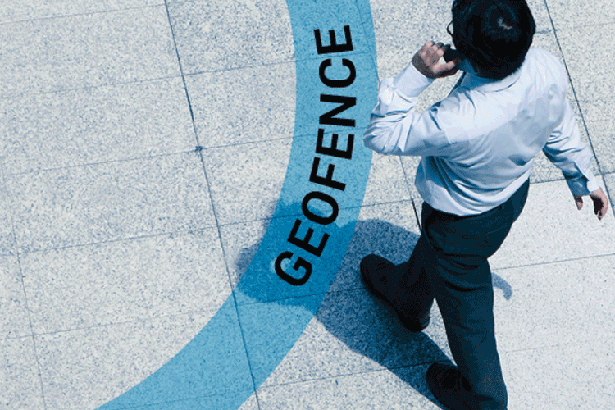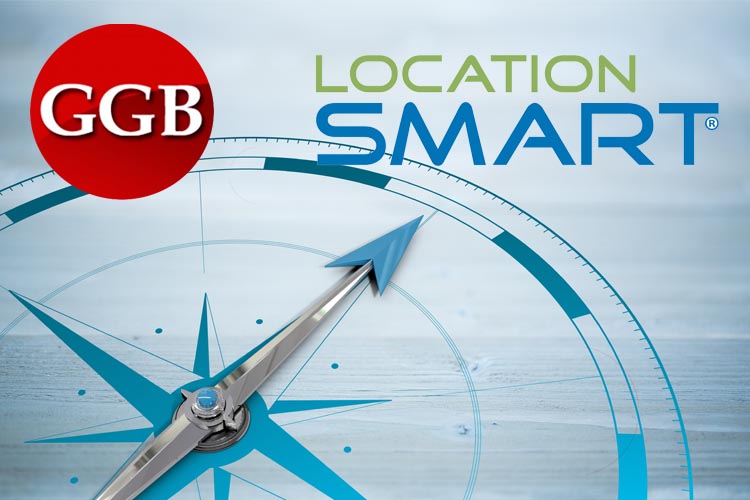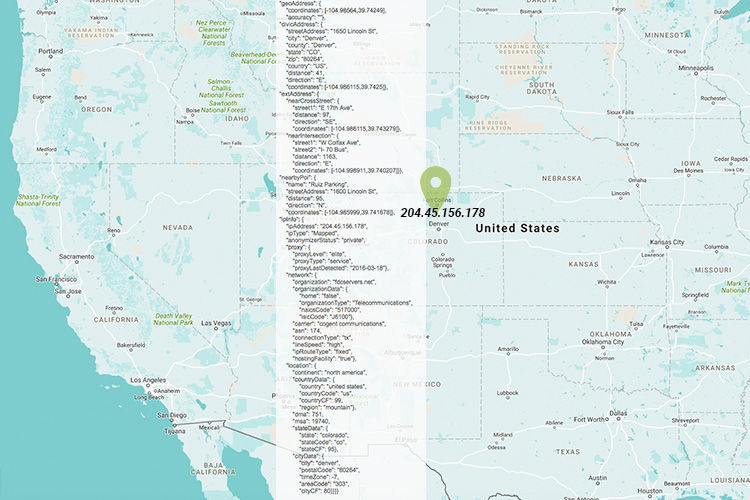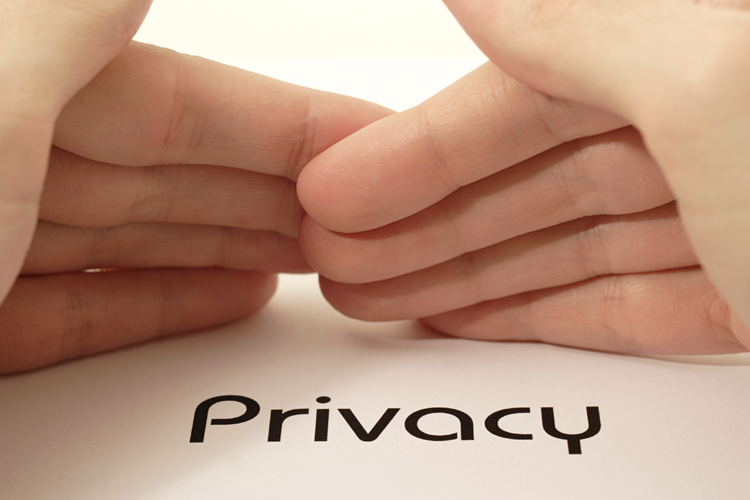The previously-unknown coronavirus, officially known as COVID-19, has made its way around the world since it was discovered in Wuhan, China late last year. The spread of the disease has moved at an alarming rate with an ever-increasing number of infections and deaths. Secondarily, it has also adversely impacted almost all industries, particularly in the travel, hospitality, dining and entertainment sectors. Airlines, hotels, cruise lines, and tour operators have all seen a sharp drop in business. Restaurants are being asked to voluntarily reduce operations, while grocery stores shelves are being cleared out while shoppers stock up. In correlation with ongoing developments with the disease, casinos, sporting, resort and gaming institutions across the globe are on virtual lock-downs. Any industry that can sustain remote-work and off-site fulfilment are being mandated or voluntarily moving to those modes of operation. For this new reality, there is a viable solution for the hit to the on-site gaming industry to become more virtual and it’s one that LocationSmart’s services can support.
Coronavirus’ Impact on Casinos and Gaming
In one of the first highly impacted regions, the heavily hit Macau casino business has struggled after the coronavirus radically reduced the number of customers that visited during what was meant to be a very busy holiday season over the Lunar New Year. In early February, 41 of Macau’s casinos closed for a two-week period. Macau is the largest gambling destination in the world, and it relies heavily on people from mainland China as a large part of their customer base. Some estimates have the number of casino customers in Macau down by as much as 80% over the past few weeks. This has resulted in an 88% drop in revenues.
As things have developed, Macau hasn’t been the only gaming region to feel the impact of the coronavirus. Casino closures have been happening across the globe. The Las Vegas strip has gone dark as Nevada orders the closure of all casinos, while casinos in many other states and in Canada have also closed. In Australia, Crown Resorts Limited in Melbourne and Star Entertainment Group in Sydney have chosen to enforce social distancing by limiting the number of payers at tables and shutting down half of their poker machines. Casino closures have also happened across Europe and South America.
Online Gaming an Answer?
In the wake of Macau’s closure and the potential danger of being in public areas with large numbers of people, more and more people have been turning to online gaming. In Asia, the only country in which online gaming is legal is the Philippines (it is illegal in China and unregulated elsewhere in Asia), which means they have benefitted almost exclusively from the. 90% increase in online gambling that has occurred over the Lunar New Year. As of March 17th, FOX Bet says that its online casino and poker have doubled the rate at which it is adding new customers over the last week.
Given the increase in interest, and the fact that legalization of online gambling is slowly making its way across Europe and the U.S, the latter having four legalized states – New Jersey, Nevada, Delaware and Pennsylvania, the benefits to governments are clear. Once online gaming is legalized, it can be regulated and taxed. However, one of the biggest concerns is the control over access to online gaming. Simply put, how can an online gaming company maintain regulatory compliance and verification of its customers? Fortunately, LocationSmart has a way to help businesses manage through the current state of the industry, as well as moving forward with a longer-term perspective.
LocationSmart’s Geolocation Services
Online gaming poses a unique challenge to the companies that offer it. There are very strict regulations that restrict online gaming to specific regions, states, or countries. This means that people located outside the areas in which online gaming is legal are not permitted to play. The challenge is how to know where your gaming customers are located, so that you can control their access based on whether they are within the jurisdictional boundaries. This is the only way application developers can verify location for gaming compliance purposes.
To accomplish the location verification of their customers, the gaming industry uses the following:
- IP geolocation and data intelligence
- Presence verification via Wi-Fi
- Browser and App-based geolocation
- Device profiling, data consistency & confidence scoring
- Additional GPS or network identification tools
- Boundary checks and geofencing
With this in mind, it’s important to note that there isn’t one solution that fits every online gaming company or even every situation. This is why LocationSmart offers a suite of verification capabilities to ensure a layered approach to device location including ...





























